We had the idea of going to Bunce Island, a small island in the Sierra Leone river that empties in the ocean here. Bunce Island is the old British slave traders base, supposedly well protected, but demolished several times, by the French and by pirates. And now by the ravages of time, the place is completely in ruins. The tour guide we contact wants to have 200 US$ per person, to take us there; a one hour speed boat trip, perhaps an hour on the island, and an hour back. I find that a little steep for looking at some ruins, so we politely decline the offer. It doesn’t surprise me that there are so few recent reviews of visits – are these people completely out of their minds?
Instead, we head for Leicester Peak, the highest point in Freetown. We take another kekeh, my preferred way of transport. We cannot go all the way to the top, at 564 m, as this is a restricted area for transmission stations, but a little lower we have the same fabulous view over the city, once again highlighting the fact that this is a town spread out over several hills, mostly low rise, with only the occasional high building. Besides, this is the coolest we have been this trip, outside an airconditioned room. Getting to the viewpoint is just as entertaining. I have a lot of admiration for the kekeh drivers: they do seem to know exactly how much space they have, where the gaps in the traffic jam are, and whether they can push in front, or have to wait for other road users, in the chaos that is Freetown’s regular circulation. And once we have fiercely negotiated the price – like from 300 down to 30 Leone, the local currency -, most of them are actually pleasant company, nice guys.
From the peak to the bottom, next we get to Lungi Beach, for a seafood meal, and a walk on the beach. Not really a beach to swim, or to sunbathe, for that matter, although teams of cleaners are actually removing most of the rubbish, today – another first, we haven’t seen this in any other country yet. And a group of fishermen is pulling in a huge net, a concerted effort of some four hours, they tell me. With very little result, most of the filling of the net is more garbage, and jelly fish. These people are suffering, their catch is next to nothing anymore, because of the pollution, because of people dumping rubbish at night, which is pulled into the ocean by the tide – and then ends up in their nets again. Their solution? Asking us for money, as so many other poor people do here.
And as many of the market people do. After the beach, I go back to the food market which we skipped yesterday. On Saturdays it is a lot less busy, which also has its advantages. Many of the market sellers are more relaxed, they take the time to ask for money, photo or no photo. One, remarkably, refuses, because she is afraid that she will get in trouble, she claims that there is no freedom of speech here, any criticism lands you in jail. But most relent, after an amiable chat, accept that I am not going to give them anything, and subsequently are more than proud to have their picture taken. Which yields some great results!
The sadder part of the market, and of the entire town, really, are the crippled, in wheel chairs or on crutches. There is an inordinate number of them, and when I ask why they are in a wheel chair, they come up with some story about a vaccine they received when they were young. But I reckon that many of them are actually victims of the civil war, one of the most cruel wars I can imagine, where cutting of limbs was a routine activity. I do give them some money, even though I realize that this is not going to change anything. And I admire these people: they get on with their lives, undoubtedly very difficult, yet, they all seem to be in good spirits. And they are clearly part of society, others, without disability, help pushing the wheel chairs, everybody appears to accept, and respect, their presence in the streets. Yet, it breaks my heart, life must be so much more difficult for them then it is for the ordinary poor African.
Next: a bit about group travel
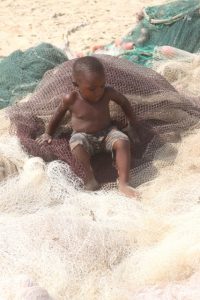



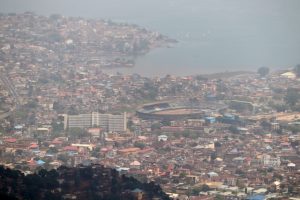

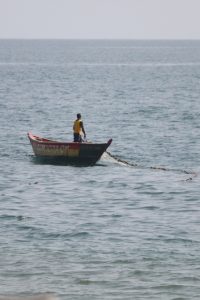
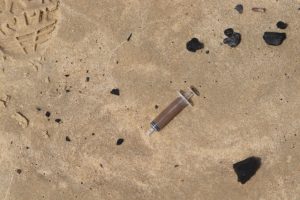
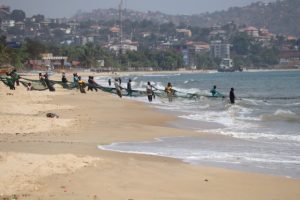
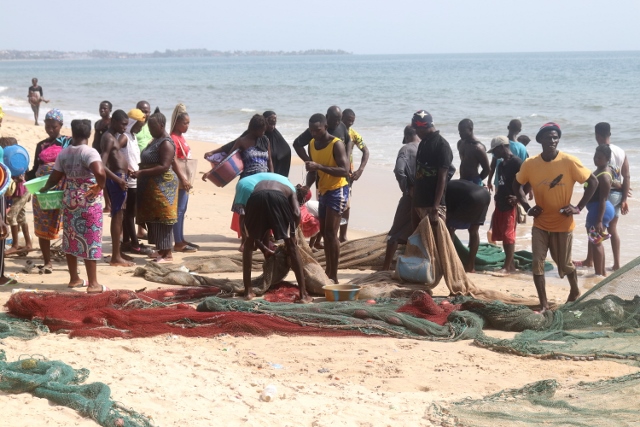
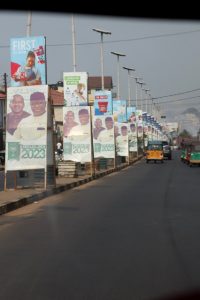
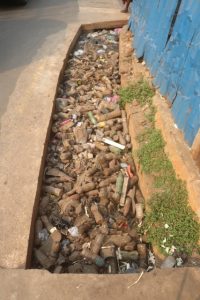
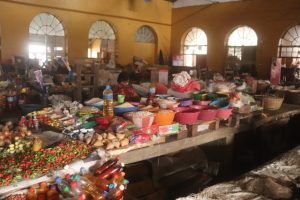

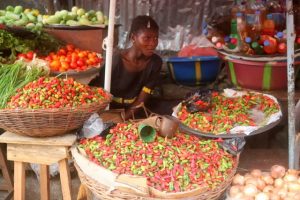
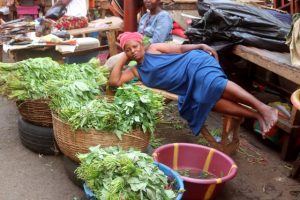
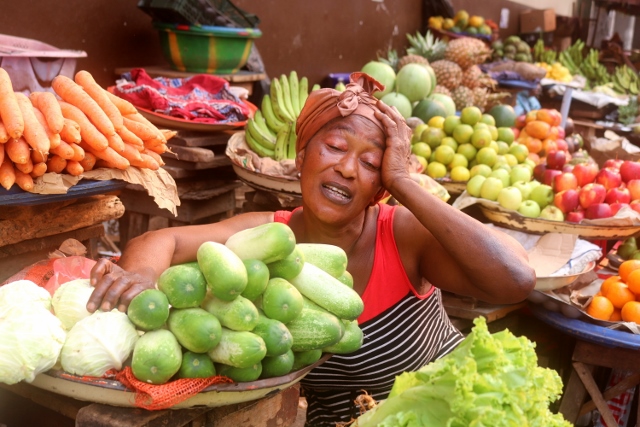
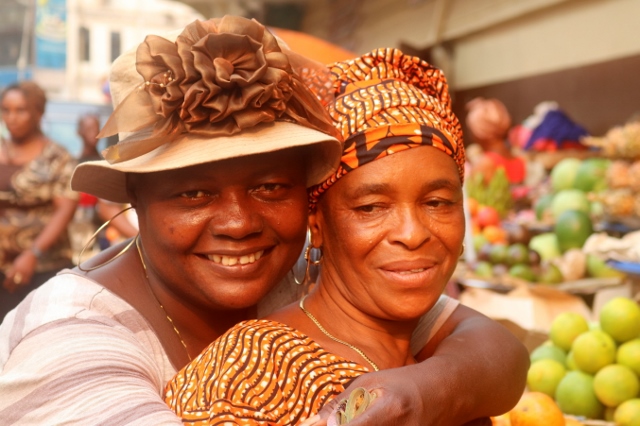
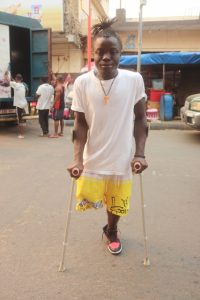











Very nice pictures and I understand you feel very sorry for those disabled people!!